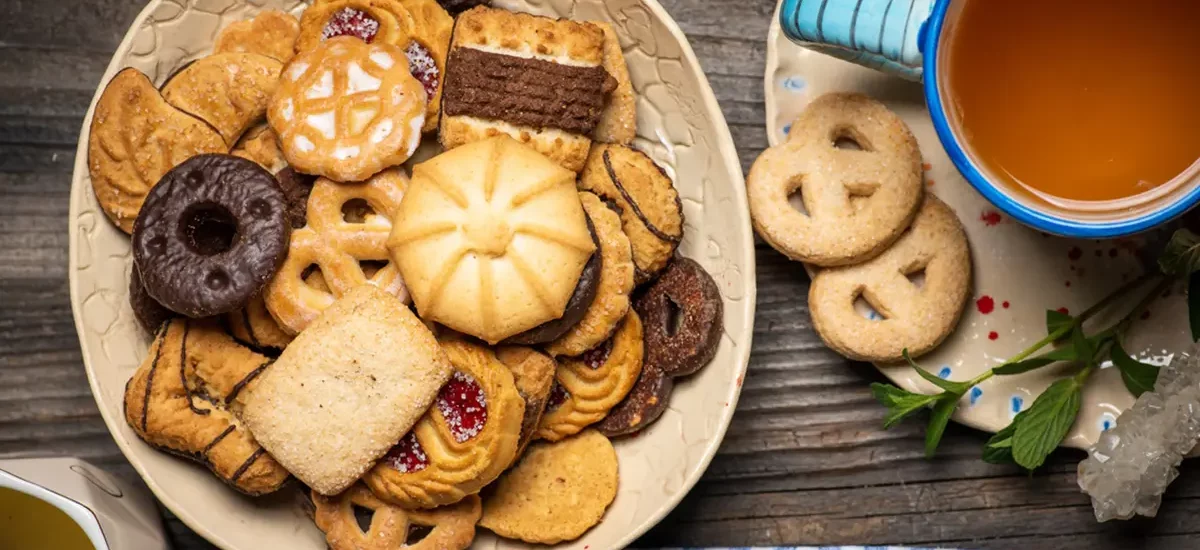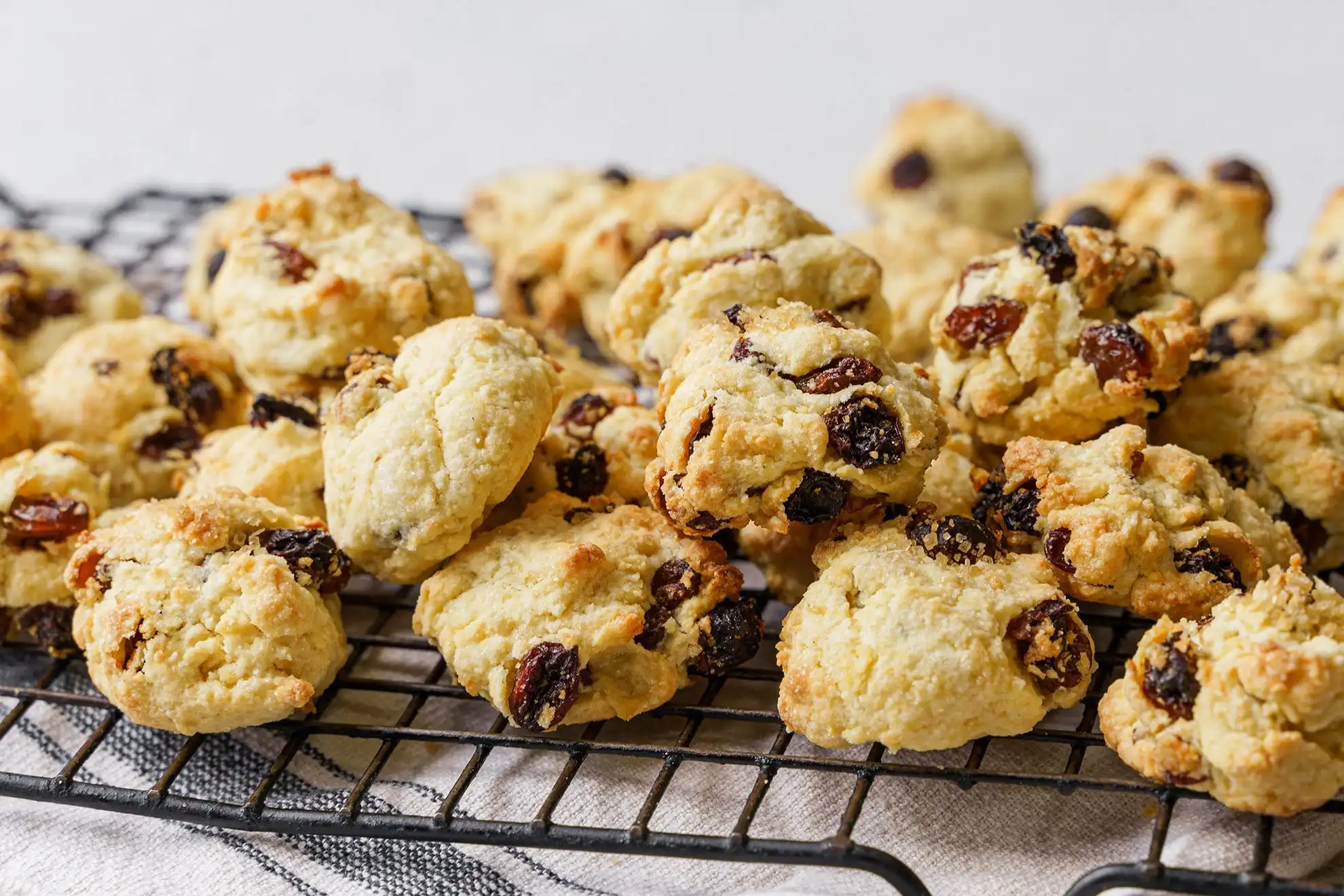


Discover the best biscuit for weight loss with our comprehensive analysis. Explore alternative ingredients, nutritional profiles, and smart snacking strategies to find the perfect guilt-free biscuit option. Trim down without sacrificing taste!
Biscuits have gained immense popularity as a beloved snack option, enjoyed by people of all ages across the globe. These delightful treats are known for their irresistible flavors, satisfying textures, and the comfort they bring. Whether we can consume them with a cup of tea or enjoyed on its own, biscuits have become a staple in many households, offices, and social gatherings.
One of the key reasons behind the widespread popularity of biscuits is their unmatched convenience. They are portable, easily accessible, and require no elaborate preparation. Whether you’re in need of a quick pick-me-up during a busy workday or seeking a tasty treat to satisfy your cravings, biscuits offer a simple solution. Their compact size makes them ideal for on-the-go consumption, making them a favorite choice for school lunches, picnics, and road trips.
Furthermore, biscuits come in an array of flavors and varieties to suit different preferences and dietary needs. From buttery shortbread and crumbly digestives to chocolate-coated biscuits and oatmeal cookies, there’s a biscuit to please every palate. This wide range of options ensures that individuals can find a biscuit that aligns with their taste preferences while also considering their dietary goals.
However, while biscuits are undeniably convenient and enjoyable, it’s important to recognize that not all biscuits are created equal in terms of their impact on our health and weight. Many traditional biscuits on the market are high in calories, refined carbohydrates, unhealthy fats, and added sugars, which can hinder weight loss efforts. Therefore, it becomes crucial to make mindful choices when selecting biscuits, especially for those aiming to achieve and maintain a healthy weight.
Addressing the common misconception that biscuits are inherently healthy is essential in understanding their impact on weight loss and overall health. While biscuits may seem harmless or even nutritious at first glance, it’s crucial to examine their composition and consider the potential pitfalls associated with regular consumption.
One of the primary concerns with biscuits is their high calorie content. Many commercially available biscuits are loaded with refined flour, unhealthy fats, and added sugars. These ingredients contribute to the energy density of biscuits, making it easy to consume a significant number of calories without feeling satisfied. Continuous indulgence in high-calorie biscuits can lead to weight gain and hinder progress towards weight loss goals. Furthermore, the refined flour used in most biscuits lacks the essential nutrients found in whole grains. This means that the fiber content is often significantly reduced, resulting in a lower satiety factor. Without adequate fiber, biscuits can leave you feeling hungry shortly after consumption, leading to overeating and potential weight gain.
Another concern is the presence of unhealthy fats, such as trans fats, in some biscuit varieties. These fats not only contribute to calorie density but can also have detrimental effects on cardiovascular health. Regularly consuming biscuits high in trans fats can increase the risk of heart disease and other adverse health outcomes.
Moreover, the added sugars found in many biscuits can be a hidden source of excess calories. These sugars not only contribute to weight gain but can also lead to fluctuations in blood sugar levels and increased cravings for more sugary foods. Consistently consuming high-sugar biscuits can disrupt the body’s natural mechanisms for appetite control and make it more challenging to maintain a balanced, nutritious diet.
Read Also:
When examining the ingredients of biscuits, it becomes evident that they can vary significantly depending on the brand, type, and recipe. However, there are some common ingredients found in many biscuits that deserve closer attention.
One prevalent ingredient in biscuits is refined flour, which is often used as the main component in their dough. Refined flour undergoes processing that removes the bran and germ, stripping away essential nutrients such as fiber, vitamins, and minerals. As a result, biscuits made with refined flour offer little in terms of nutritional value and can lead to a rapid spike in blood sugar levels. This sudden rise is often followed by a subsequent crash, leaving you craving more food and potentially sabotaging weight loss efforts.
Another significant ingredient in biscuits is sugar. Whether it’s added in the form of granulated sugar, syrups, or sweet flavorings, sugar is responsible for enhancing the taste and sweetness of biscuits. However, the excessive consumption of sugar can contribute to weight gain and other health issues. Not only does sugar add empty calories, but it also lacks nutritional value and can disrupt the body’s natural balance, leading to energy crashes and cravings for more sugary foods.
However, many biscuits contain unhealthy fats, such as hydrogenated oils or trans fats. We can often use these fats to enhance the texture and extend the shelf life of biscuits. However, trans fats have been linked to an increased risk of heart disease, inflammation, and weight gain. Consuming biscuits high in trans fats on a regular basis can have detrimental effects on overall health and hinder weight loss progress.
When it comes to making biscuits healthier for weight loss, incorporating alternative ingredients can make a significant difference. By substituting traditional ingredients with nutrient-rich options, biscuits can become a satisfying and guilt-free snack. Let’s explore some alternatives that can enhance the nutritional value of biscuits and support your weight loss journey.

When it comes to choosing biscuits for weight loss, a few practical tips can help you make smarter decisions and stay on track with your goals. Consider the following guidelines:
When it comes to incorporating biscuit into your weight loss journey, there are a few additional factors to keep in mind beyond just the nutritional aspects. Consider the following considerations:
By considering these additional factors, you can enhance your weight loss journey and create a holistic approach that extends beyond just the choice of biscuit.
In conclusion, when it comes to choosing biscuits for weight loss, it’s essential to be mindful of their ingredients, nutritional content, and serving sizes. While biscuits are often seen as indulgent treats, making informed choices can help you find options that align with your weight loss goals.
We explored the misconception that biscuits are inherently healthy and discussed the potential pitfalls of consuming regular biscuits, which are often high in refined flour, sugar, and unhealthy fats. However, by understanding the impact of these ingredients and considering healthier alternatives, such as whole grain flour, natural sweeteners, and healthier fats, you can make biscuits a part of your weight loss journey.
Additionally, we discussed the importance of reading nutrition labels, watching portion sizes, and prioritizing biscuits with lower calorie, fat, and sugar content. By incorporating biscuits as a balanced part of your overall diet, along with a variety of other nutritious foods, you can enjoy them as a satisfying snack while still progressing towards your weight loss goals.
Biscuits should be enjoyed in moderation and as part of an overall healthy lifestyle. Balancing your biscuit consumption with regular physical activity, practicing mindful eating, and cultivating a positive mindset are key components of a successful weight loss journey.